I recently engaged in an argument on social media. This isn’t anything rare or profound, most of my arguments happen on social media. What was rare and profound was the fact that this conversation offered a natural segue in the ontology of numbers; for once I didn’t have to force it.
Someone made the seemingly uncontroversial statement, “Science doesn’t disappear when I stop believing in it”.
It does, and there are some very simple reasons why, but I feel they obscure the real root of the issue so I’ll get them out of the way:
- Science is the pursuit and application of knowledge and understanding through following a systematic methodology based on evidence.
and
- Knowledge is familiarity with information gained by experience of a fact or situation.
or
- The ability to recall/intuit an awareness of how concepts in a domain are interrelated.
So my point was that science is a knowledge structure, and both knowledge & knowledge structures require a “knower”.
True as it may be, this is a cop-out.
It’s pretty clear the point he intended to convey was, “The properties of objects in the natural world that have been discovered via science would continue to exist if we stopped believing in them”.
Or more succinctly, “Physical laws are immutable”. This is an excitingly deep thought to meditate on and I’ll definitely come back to it.
However after raising the knowledge-information relationship and the scientific method’s dependency on “knowers”, like most arguments on the internet, they told me I was wrong and the goalposts were moved to what I believe is a much more interesting claim:
“If all human knowledge was wiped out, and started again from scratch, the same natural laws will be discovered”
I think we probably would discover the same laws, and describe the same relationships, but that the language of mathematics will have evolved so differently that the models from their world would be incompatible with our models of physics.
My main issue is that it assumes the possibility of one singular unambiguously-deducible language of math. I want to be a mathematical realist, but sadly, mathematics can take unlimited forms, often contradictory to one another.
The more that mathematics develops, it becomes exponentially less likely they will choose to build upon the same mathematical entities our society has grown with.
Some of these changes may be small, perhaps they chose to develop their trig around Half-Pi or Tau instead of Pi.
However most of these changes will be profoundly significant, restructuring everything that follows it.
What if the Dedekind cut was discovered before Newton’s or Leibniz’s infinitesimal calculus?
Surreal numbers might have been the default structure of the infinitesimal, and hyperreals need never have been discovered.
Take Euler’s Proof of God “e^(i*pi)+1=0”, it supposedly shows a deep natural interconnection between seemingly distant concepts. Only it doesn’t, there’s nothing natural about it at all.
The definition of how to raising a real scalar by an imaginary/complex power doesn’t come from nature, it was chosen by man, and a different definition could have easily been opted for.
There’s no rules saying we have to subscribe to Euler’s formula e^(ix) =cos(x)+i*sin(x), it’s just a very useful abstraction. I previously compained about the number of half-pi’s obscured behind this abstraction.
Almost every advance in the history of mathematics was invented by man, and had some alternative gained traction first those functions/abstractions/proofs may have never become necessary to discover.
According to Hilbert in his later life, only the natural arithmetic had an intrinsic unambiguous form.
Without Euler’s formula, and the chosen relationships for complex numbers we probably wouldn’t have chanced upon Quarternions, and Hamiltonian physics would be profoundly different.
The division by zero math domain error could’ve been patched early on similar to the same way we patched the sqrt of negatives; maybe we could’ve had an entirely new field of “zero-division complex numbers with their own set of abstractions that only exist because they happened to be useful to a physicist once.
So while we may observe and explain the same immutable physical laws, our explanations will be encoded so vastly differently that any information would be incompatible.
We may eventually come to an understand enabling us to rediscover the same knowledge as the hypothetical prior-science, but any facts/understanding would still remain coupled with our new randomly assembled self-consistent language through which our science will always be contemplated/measured/analysed.
In Conclusion
- Science is a knowledge construct depending on a knower.
- If there are immutable relationships in nature, they exist mind-independently, however any understanding we have of these objects is an incomplete abstraction, contained in and limited by our psyche and the languages we use to analyze them.
- It will always remain ambiguous how much of a scientifically discovered entity is part of its mind-independent reality, and how much is an artifact of our knowledge structures.
i.e. The smallest thing used to be the atom/elements, now we know the atom to be an abstraction. It’s actually an interaction between smaller subatomic particles cascading in a way where they remain in stable orbits. Now there’s no such mind-independent thing as a proton or neutron, turns out that to was a blackbox-abstraction to describe a network of 3 color confined quarks in a QED system.
More To Come
I have a feeling these claims will be pretty controversial to a very small niche of people, so one day I’ll come back and edit in some cherry picked quotes of famous mathematicians supporting my points. (That’s a joke)
In all seriousness though, I will edit in more links for people to research these topics themselves.
Thank you for reading, if you’re from Hack Forums mention this first and I’ll gift you 100 Bytes. If you’re from HF and part of the Warriors I’ll make it 150
<3 Tro (MiguelSanchez)


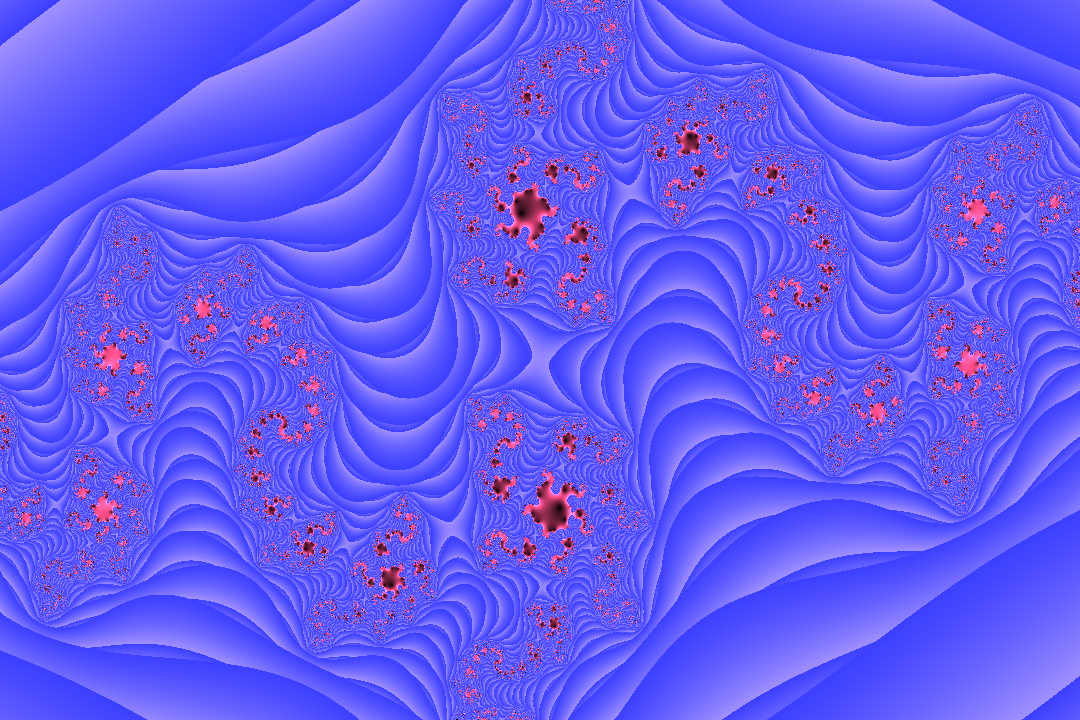




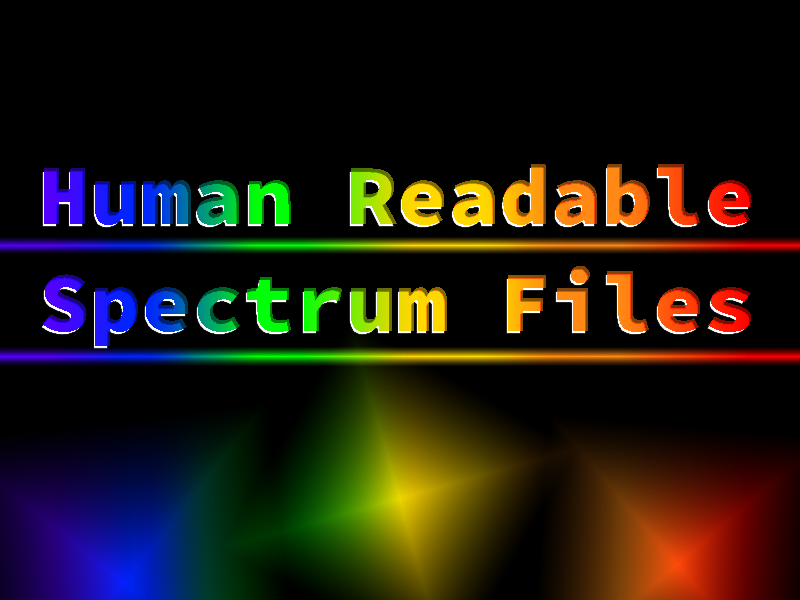
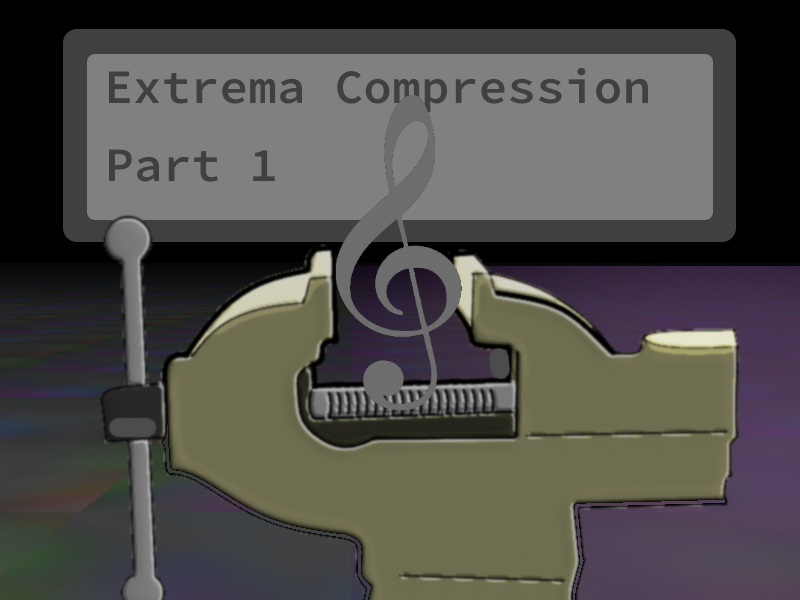
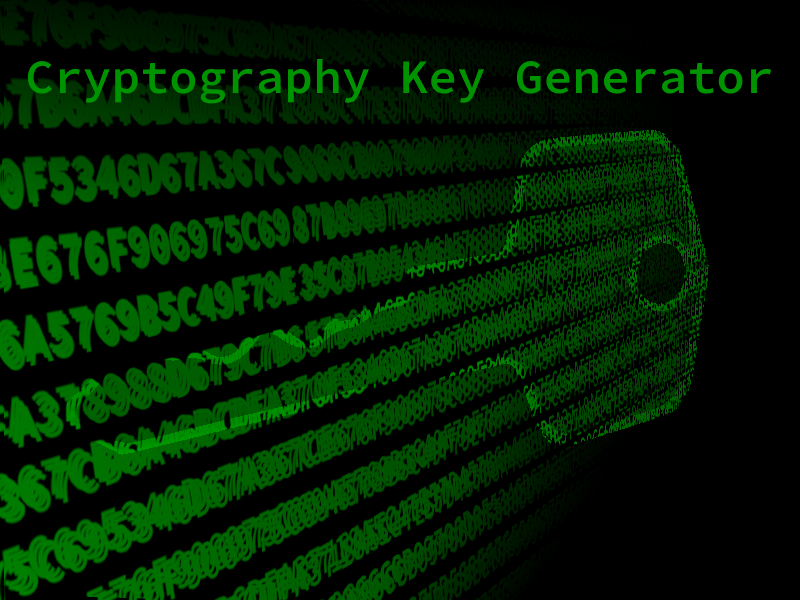






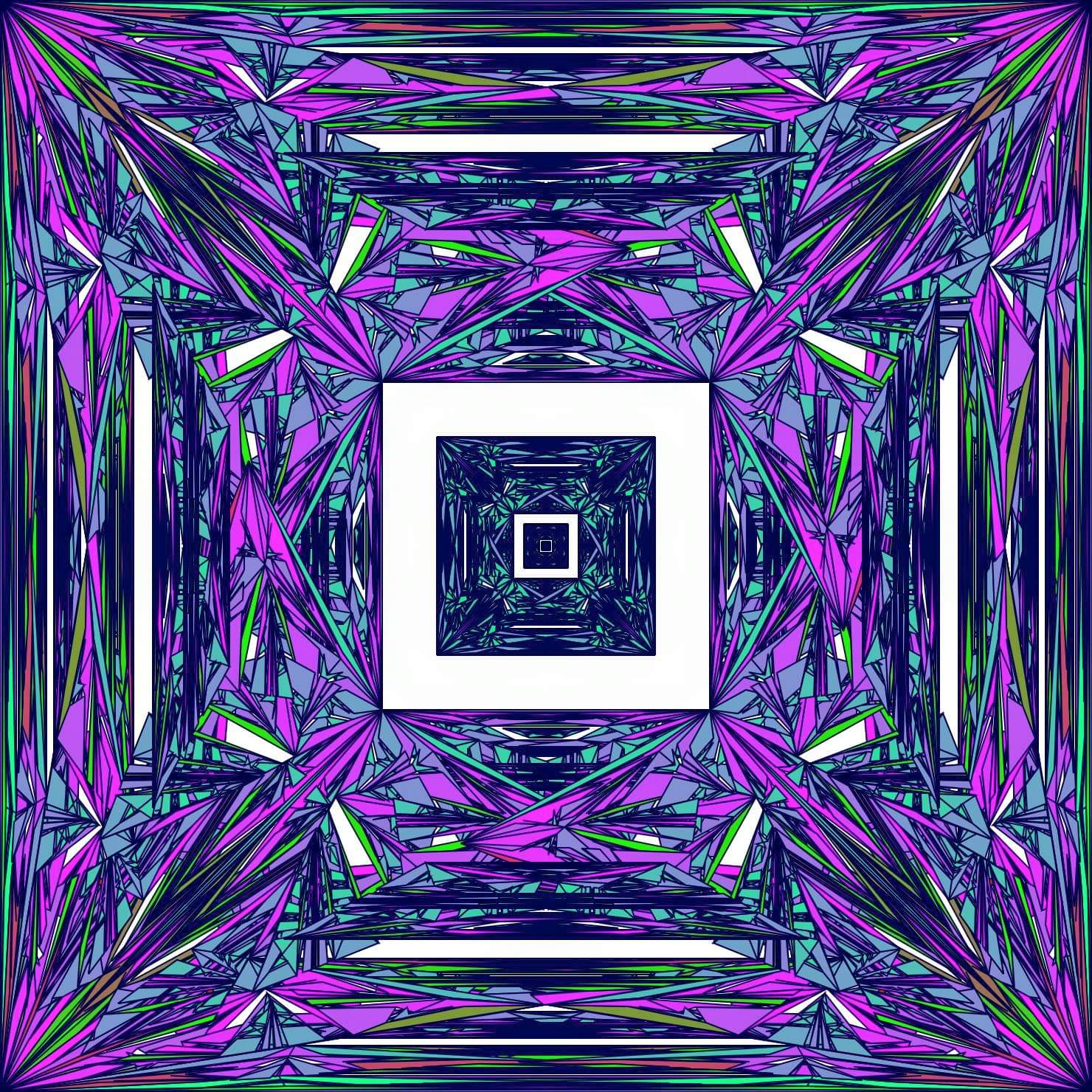
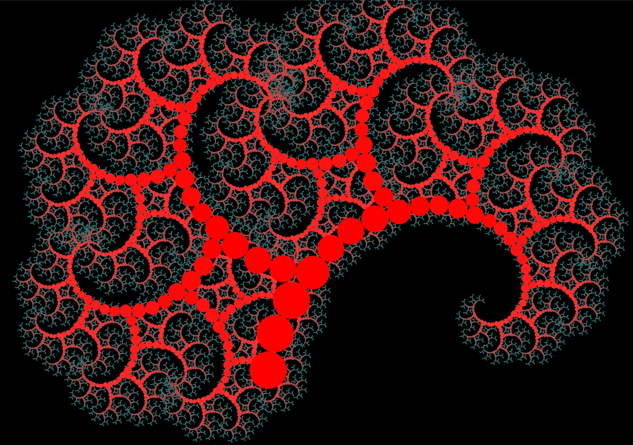
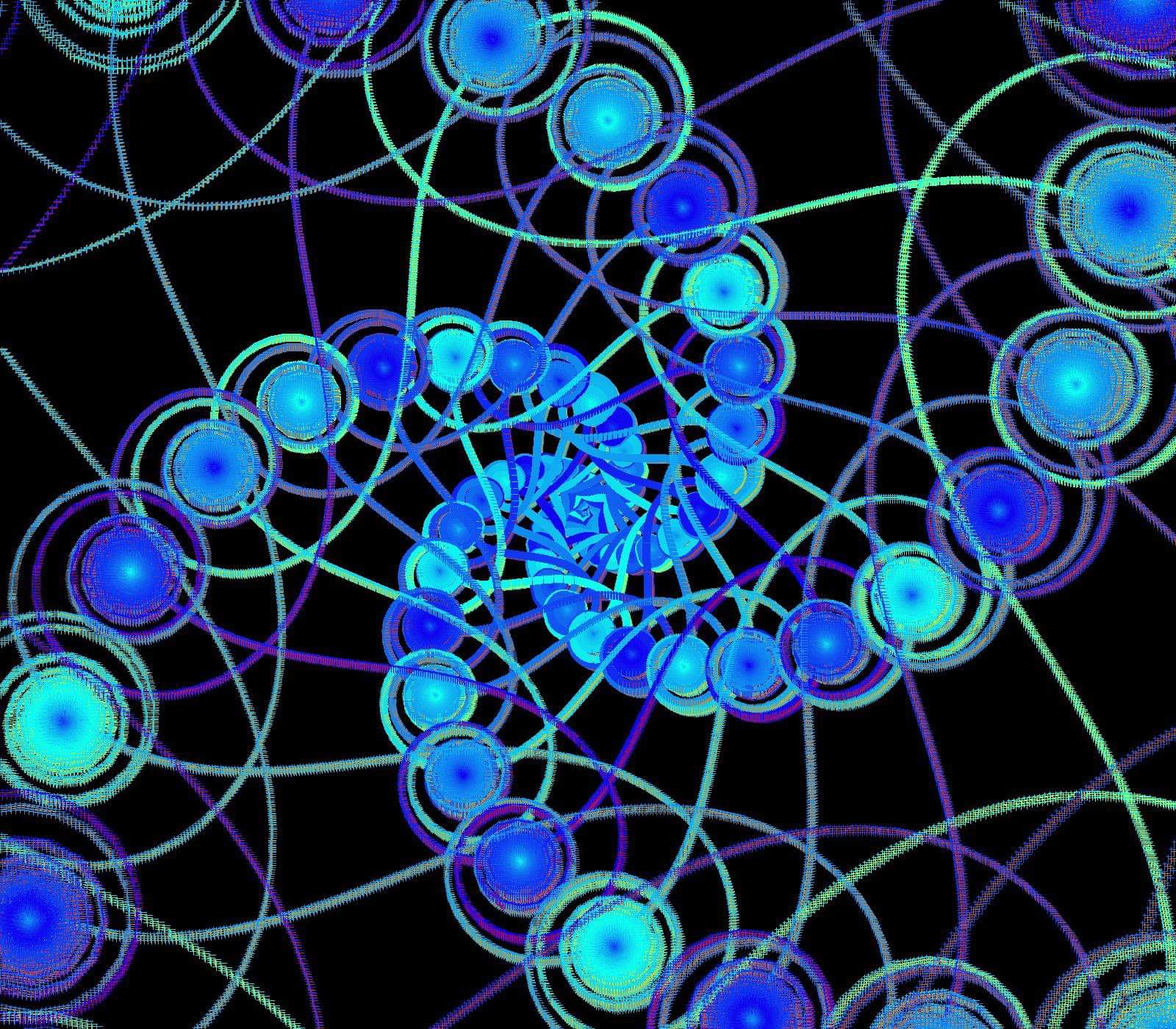
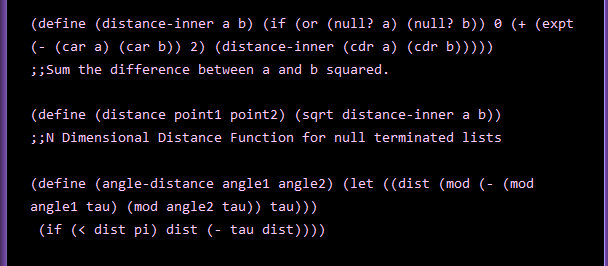
0